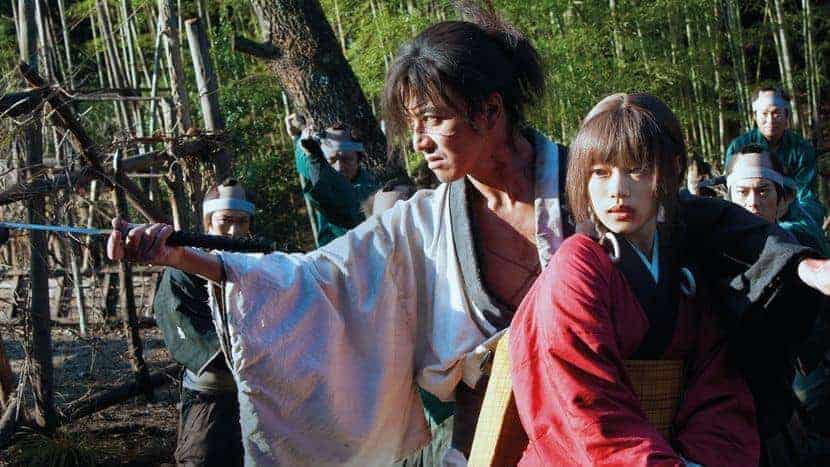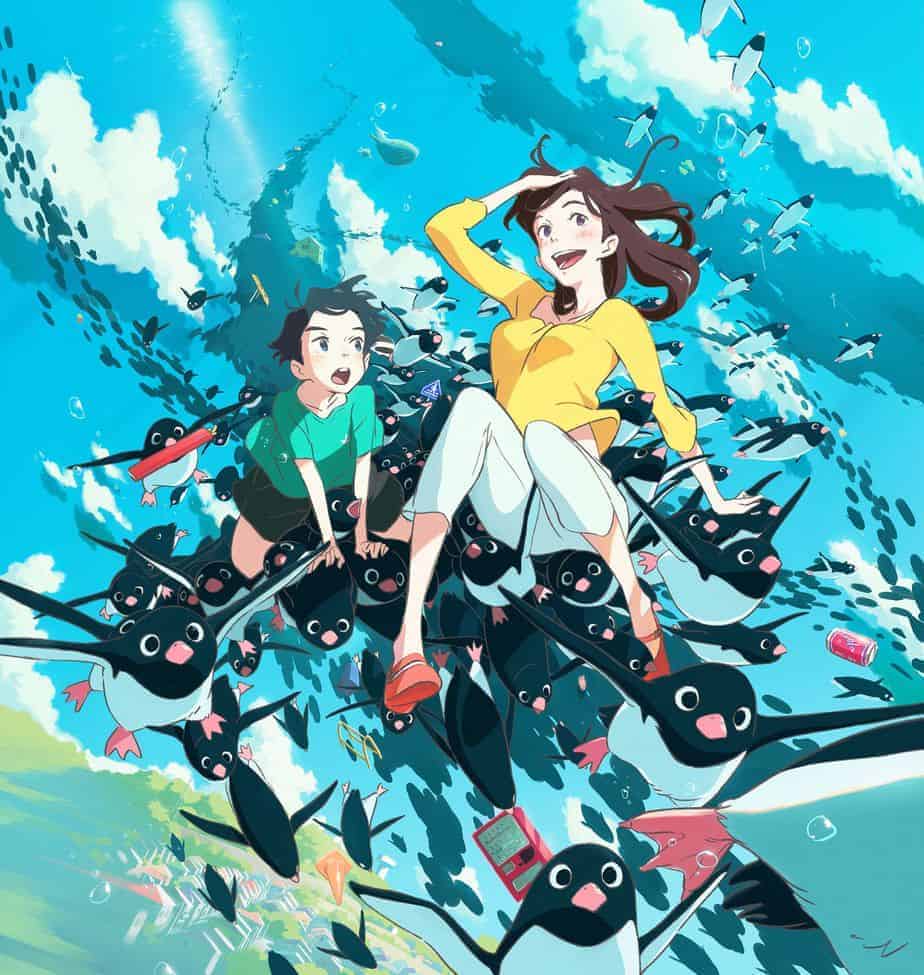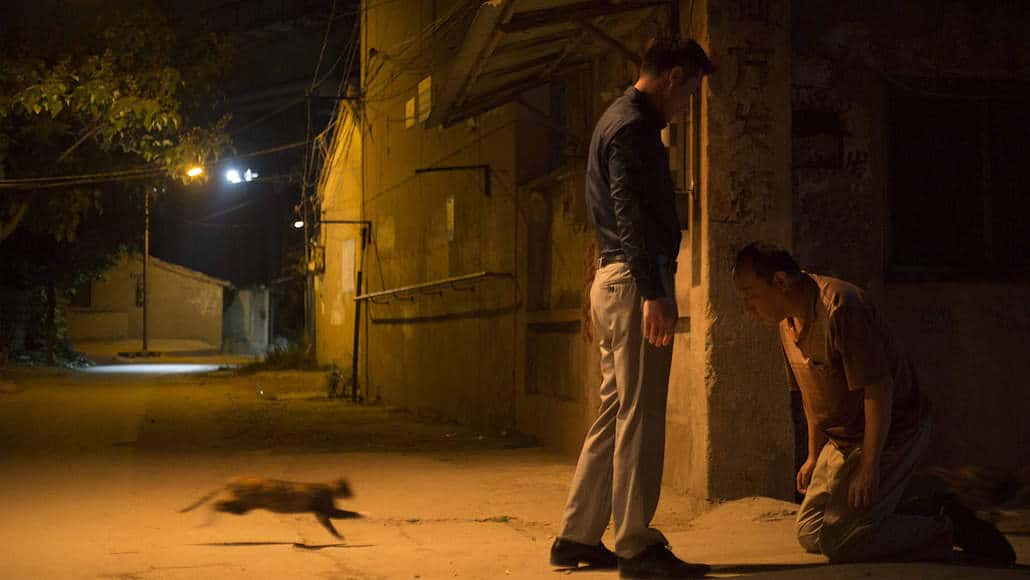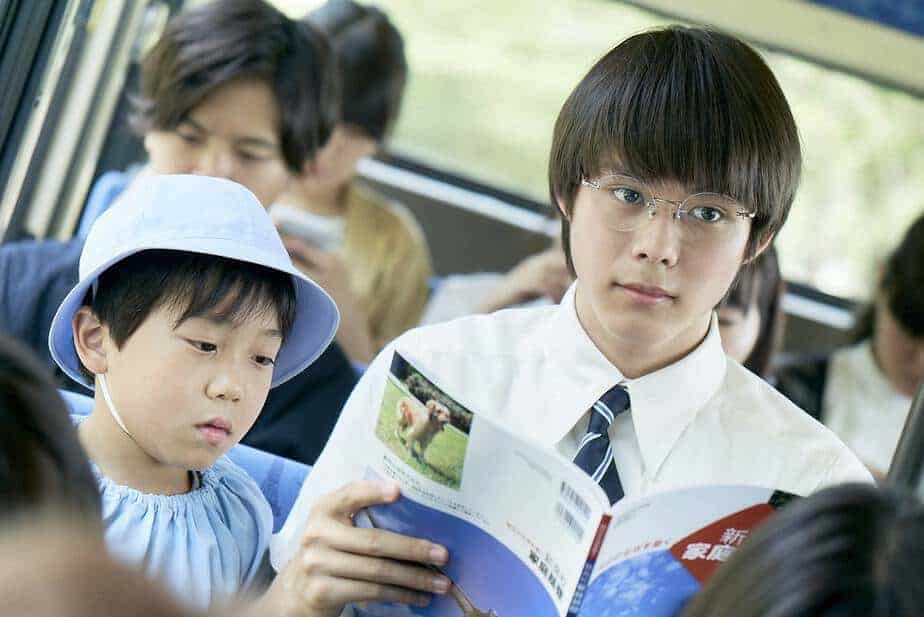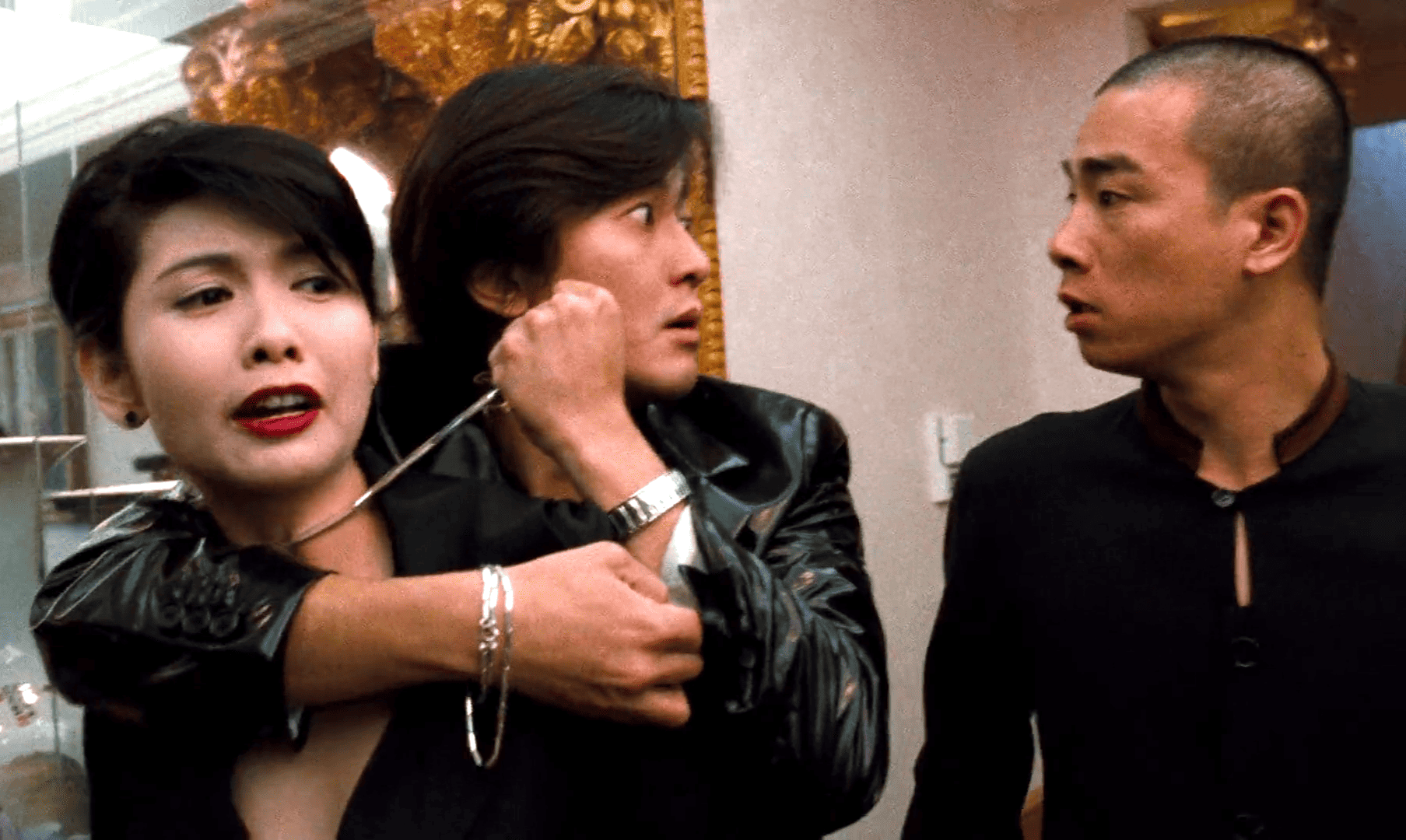Shooting a film with a protagonist as unlikeable as Rashi in “Chained” is and actually making it so captivating, definitely is not an easy task. Yaron Shani, however, has managed just that.
“Chained” is screening at Thessaloniki International Film Festival
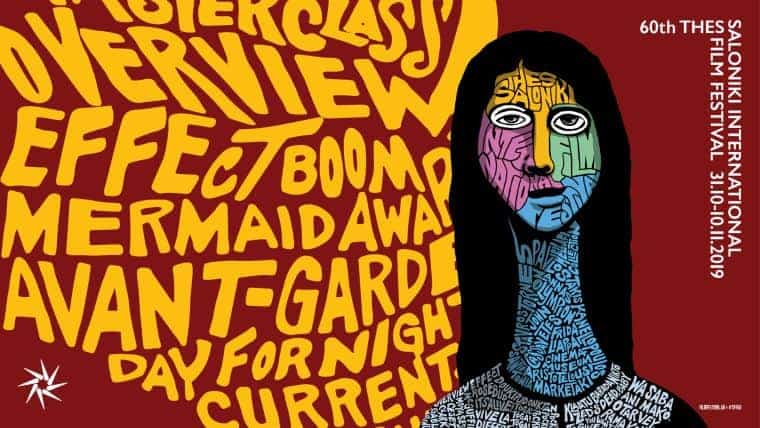
The aforementioned Rashi has been a Tel Aviv police officer for 15 years. He is good in his job and his colleagues appreciate him. However, he is also a kind of sociopath who is used to getting his own way in all aspects of his life, both professionally and inside his house. This tendency of his eventually brings him to an intense clash with his step-daughter, who wants to be a model, and his wife, who has been undertaking fertility treatment, despite the latter's hard efforts to play the intermediary between the two. Furthermore, during a routine police check that goes a bit too far, Rashi finds himself accused of sexual assault, suspended and in house arrest, after his attitude with Internal Affairs has made things worse. Expectedly, Rashi cannot handle the loss of control over his life…
The majority of the reviews I read about the film perceive it as a family drama. However, I think that this aspect is just a base in order to present the complete portrait of a man whose obsession with getting his own way with everyone around him eventually leads them to alienate him, and him to his demise. The presentation of this owes its excellence to a number of factors: firstly, the permeating realism of both the characters and the events that unfold around them, and subsequently, the impressive acting. Shani uses a rather rare approach towards this aspect, since, per his words, “For almost a year, they have been living as their characters – step by step, in chronological manner, without reading a script or being aware of what the next step is going to be”. Furthermore, Eran Naim, who plays Rashi, is actually a former policeman. This approach and the particular casting help tremendously in the realism of the film, and especially in the portrayal of Rashi both as policeman and as family man. It is quite rare to watch so vividly familiar characters and events on the big screen, but Shani seems to have managed just that, avoiding, in the process, all kinds of clichés, particularly regarding the presentation of policemen, who tend to appear as caricatures quite frequently.

Secondly, and in the aspect that gives the film its cinematic value, the build up of Rashi's eventually downward spiral is also impressive, with Shani placing the events that cause it with utter precision, thus retaining the interest of the viewer for the whole of the movie's duration. Particularly, the way that the initial scene is connected with Rashi's later actions is impressive in the way it is presented, as is the case with the justification of the gun scene, which ends the film perfectly, in complete resonance with its overall aesthetics.
Shai Skiff and Nizan Lotem's cinematography implements both the overall realism of the narrative and Rashi's state of mind excellently, with their framing adapting to each scene, depending on its context. Again, the highlight of their effort is the finale, which suggests the events without actually portraying them, but quite eloquently.
Shani's editing induces the film with a relatively fast pace that also fits the narrative, with my only objection being that before the finale, there are some scenes that could be briefer or avoided completely, since they seem to postpone the ending for no reason, instead of actually adding to the narrative. This, however, is a detail and does not fault the overall impression the film leaves at all.
“Chained” is a true ode to realism, and at the same time, a very entertaining film, and that is where its true value lies.



